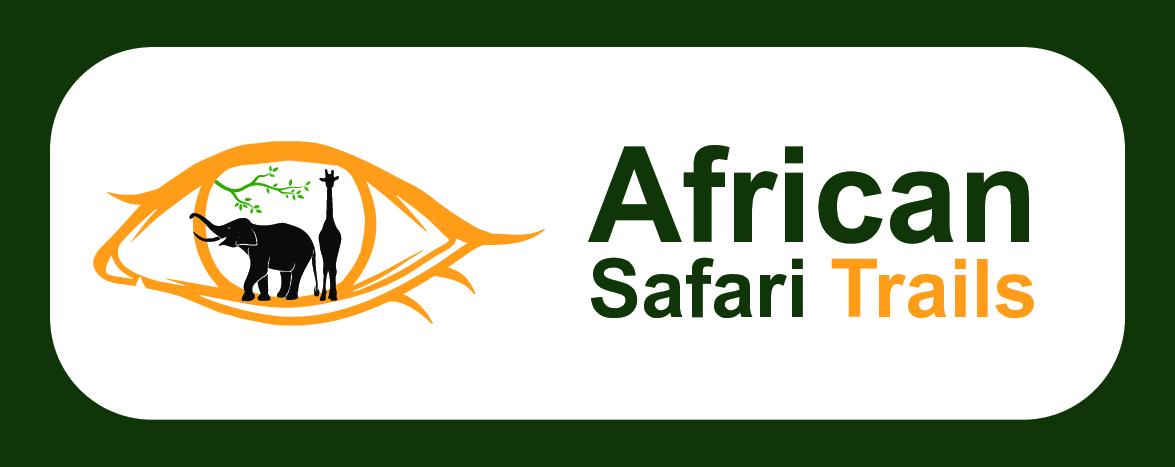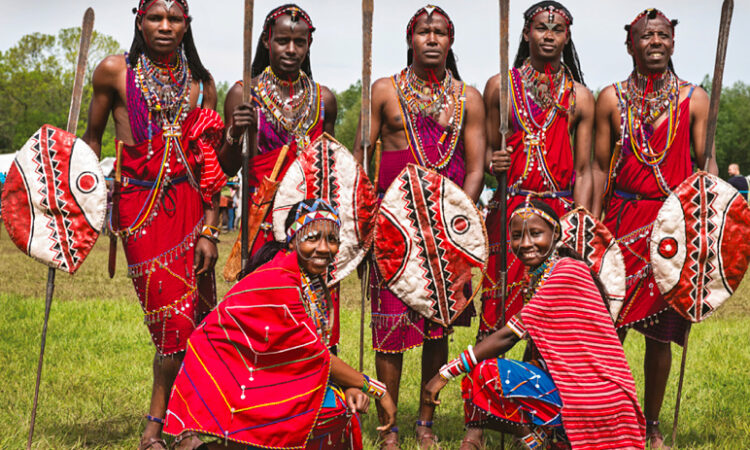While Tanzania is world-renowned for its incredible wildlife and national parks like Serengeti, Ngorongoro, and Tarangire, the country’s cultural diversity is equally rich and rewarding. A cultural safari in Tanzania takes you beyond game drives, into the daily lives of local communities, offering authentic experiences that deepen your understanding of the land and its people. These journeys not only add depth to your itinerary but also help support sustainable tourism and community development.
Tanzania is home to over 120 ethnic groups, each with its own language, customs, music, and history. Cultural safaris provide opportunities to engage directly with these communities, from iconic pastoralist tribes like the Maasai to lesser-known hunter-gatherers like the Hadzabe and Datoga.
Maasai Cultural Encounters
The Maasai, perhaps the most internationally recognized group in East Africa, live in and around many national parks in northern Tanzania. Cultural visits to Maasai villages—known as bomas—allow visitors to learn about their age-old traditions, including warrior ceremonies, beadwork, herding practices, and communal life. These experiences are often guided by local Maasai themselves, who share stories, songs, and insights into how their semi-nomadic lifestyle is adapting to modern pressures.
Hadzabe Bushmen: Tanzania’s Last Hunter-Gatherers
In the Lake Eyasi region, cultural safaris can include a visit with the Hadzabe people, one of the last remaining hunter-gatherer tribes in Africa. Guests can join early-morning hunting or foraging trips, witness traditional fire-making techniques, and experience a way of life that has remained unchanged for centuries. Their deep knowledge of nature and survival skills offers a powerful perspective on humanity’s connection with the environment.
Datoga Metalworkers and Farmers
Also found around Lake Eyasi, the Datoga are traditional blacksmiths and cattle herders. Cultural visits often include a demonstration of their metalworking skills, where they craft knives, arrowheads, and jewelry from scrap metal using traditional tools. Their skills are vital to the Hadzabe, who depend on Datoga arrows for hunting. Learning about this interdependence between tribes adds unique cultural context to your safari experience.
Chagga People and Mount Kilimanjaro
On the slopes of Mount Kilimanjaro, you’ll find the Chagga people, known for their coffee farming and impressive underground cave networks. Cultural tours here often include coffee-making workshops, traditional food tasting, and storytelling sessions. These experiences are perfect for those climbing Kilimanjaro or exploring the Moshi region and looking to enrich their adventure with a cultural dimension.
Swahili Culture and Coastal Tanzania
In coastal towns like Bagamoyo, Pangani, and especially Zanzibar, visitors encounter the Swahili culture—a unique blend of African, Arab, Indian, and European influences shaped by centuries of trade and migration. Walking tours of Stone Town, spice farm visits, and traditional dhow cruises allow guests to immerse themselves in the rich cultural heritage of Tanzania’s Indian Ocean coast.

